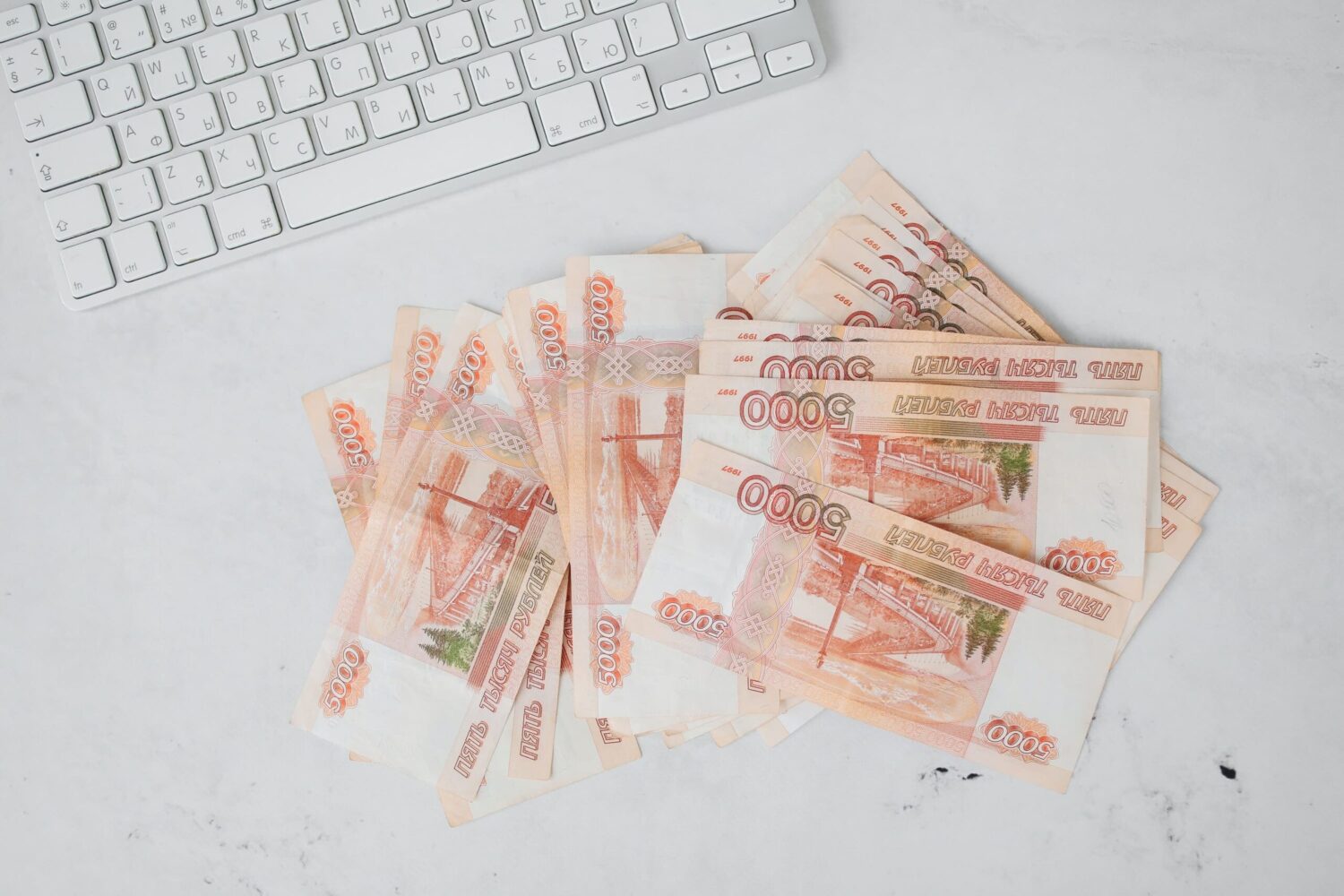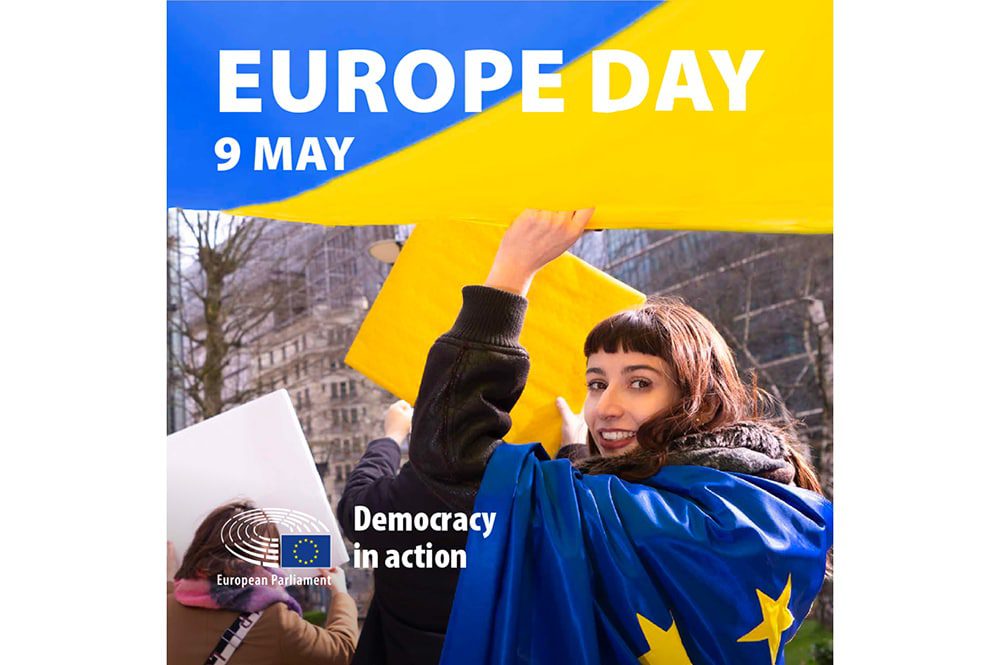The digital ruble will be offered to everyone after it has been tested among a narrow circle of real customers. This was stated in the State Duma of Russia by the governor of the Central bank, Elvira Nabiulina, quoted by TASS.
“We are ready to proceed with the pilot introduction of the digital ruble, to conduct real operations with real money. For now, it is about small amounts and a small number of customers, after which we will be able to offer the digital ruble to everyone,” said Nabiulina.
According to her, the digital ruble is the third form of money that will be in circulation in parallel with available and non-available funds, and each user will decide for himself which form to use. “Anyone who cannot or does not want to use new technologies should not be discriminated against. We will continue to develop the available payment system as well,” she noted.
The Russian Central Bank presented the concept of the digital ruble in October 2020. It will be in the form of a unique digital code and will be kept in a special digital wallet. Users will be able to exchange the code in question and thus make money transfers.
Meanwhile, the ruble continued to fall on the foreign exchange market and approached the mark of 82 rubles per dollar.
The Russian Central Bank and commercial banks already started testing the digital ruble platform in early 2022, and the first transfers in digital rubles between citizens are already a fact.
Three banks from the pilot group (which includes 12 banks) have already connected to the platform. Two of them have successfully completed a full cycle of transfers in digital rubles between customers using mobile banking.
“Customers not only opened digital wallets on the digital ruble platform through the mobile application, but also exchanged non-existent rubles from their accounts to digital ones and then performed digital ruble transfer operations between themselves,” the Russian Central Bank reported.
“This year, we will test different scenarios and improve the digital ruble platform. At the next stages of the platform’s development, we also plan to ensure seamless interaction with digital platforms and digital ecosystems,” said Olga Skorobogatova, First Deputy Chairman of the Central Bank of Russian Federation.
As the economy moves online, digital currencies will be the future of financial systems, Russia’s central bank governor Elvira Nabiulina said back in June 2021. There is a need for fast, low-cost payment systems, and central bank digital currencies can fill that gap, she said in an interview with CNBC.
“I think this is the future of our financial system, because it correlates with the development of the digital economy,” Nabiulina pointed out.
Former US Treasury official Michael Greenwald, however, thinks this could be a problem for the US.
“What worries me is that Russia, China and Iran are creating digital currencies of their central banks to operate outside of the dollar, and other countries have followed,” he told CNBC, adding: “That would be alarming.”
It should be noted that central bank digital currencies are not the same as cryptocurrencies (bitcoin, ethereum, etc.). They are issued and controlled by the authorities, and the value of one digital ruble will be equal to one cash ruble, Russia’s Central Bank said last year.
CNBC reminds that cryptocurrencies were illegal in Russia until 2020 and still cannot be used to make payments.
Many central banks around the world are developing sovereign digital currencies, which their advocates say can promote financial inclusion and facilitate cross-border transactions. But Elvira Nabiulina predicts that there will be challenges in finding “common solutions” between systems that have been developed independently by different countries.
Elvira Nabiulina also commented on the US sanctions, which she defined as a “constant risk” for Russia. Over the years, Washington has imposed sanctions on Russia for a variety of reasons, from suspected poisoning of opposition politicians to alleged meddling in US elections and cyber attacks.
“That’s why our monetary policy, as well as fiscal policy and all macroeconomic policy, is quite conservative,” she said. According to her, Moscow’s reserves are “large enough to withstand all financial scenarios or geopolitical scenarios and are probably more diverse than the reserves of other countries.”
“Dedollarization is part of a broad policy to manage currency risks,” Nabiulina said.
Illustrative Photo by Polina Tankilevitch:





